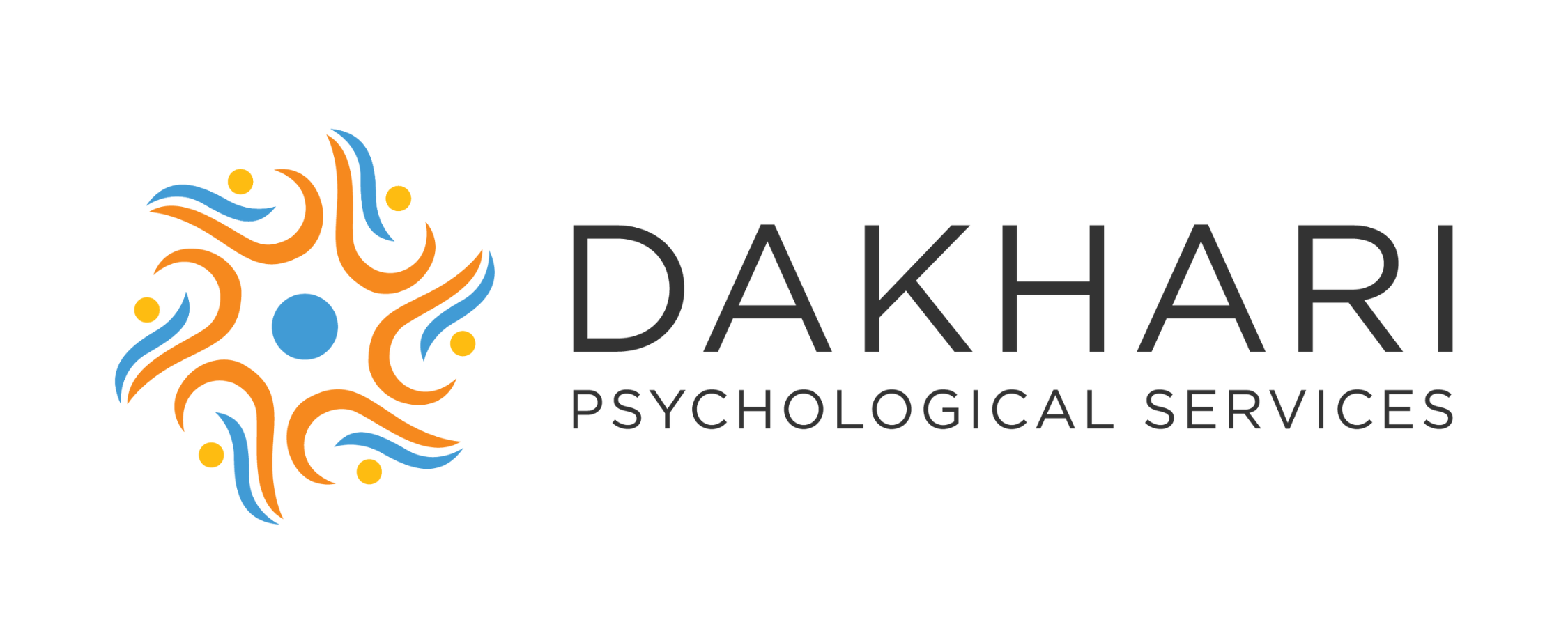Are you feeling the weight of the year on your shoulders? As we approach the end of the year, it’s the perfect time to reflect, release, and renew. Whether you’re looking to let go of past struggles, gain clarity for the future, or simply find inner peace, end-of-year counseling can provide the support and guidance you need to start the new year on a positive note.
Reflection is a crucial practice for personal growth and well-being.
The Importance of Reflecting on the Year
Reflection is a crucial practice for personal growth and well-being. It allows you to pause and look back on the events and experiences of the past year, enabling you to gain insight and wisdom for the future. Reflecting on the year helps you understand your accomplishments and challenges, providing clarity on what you’ve learned and how you’ve grown. It also allows you to acknowledge and celebrate your successes while identifying areas for improvement. This process can lead to increased self-awareness and mindfulness, contributing to overall well-being. You might find using a Buddha Board to be especially helpful to you in promoting mindfulness and creativity as you engage in reflection upon the year.
Renewing Your Mind, Body, and Spirit
Renewing your mind, body, and spirit is important for holistic well-being. It involves adopting various approaches that encompass mental, physical, and emotional aspects. Cultivating gratitude and positivity, as well as setting well-being goals for the new year, are integral to this process.
Holistic Approaches to Renewal
Incorporate holistic approaches to renewal to ensure a balanced rejuvenation of mind, body, and spirit. Engage in activities such as yoga, acupressure, meditation, and mindfulness practices to nurture inner peace and enhance mental clarity. Additionally, prioritize physical well-being through regular exercise, wholesome nutrition, and adequate rest. Embracing these practices collectively fosters a harmonious renewal of your overall well-being.
Cultivating Gratitude and Positivity
Cultivating gratitude and positivity is fundamental in renewing your perspective and fostering a healthier mindset. Take time to acknowledge and appreciate the positive aspects of your life, no matter how small they may seem. By practicing gratitude, you can shift your focus from what is lacking to what you have, promoting a more optimistic outlook. Embracing positivity can enhance your overall well-being and contribute to a renewed sense of purpose and contentment. Gratitude journals and self-care journals can be especially helpful in this process.

Setting Intentions for the New Year
After reflecting on the past year, setting intentions for the new year is incredibly valuable. These intentions can be personal, professional, or related to overall well-being. Setting specific, achievable goals can provide direction and motivation for the upcoming year, leading to a sense of purpose and fulfillment.
Setting well-being goals for the new year empowers you to prioritize self-care and personal growth. Consider defining specific and achievable goals related to your mental, physical, and emotional well-being. Whether it’s dedicating more time to self-reflection, committing to regular exercise, or exploring new hobbies, setting meaningful objectives can instill a sense of purpose and direction for the upcoming year.






